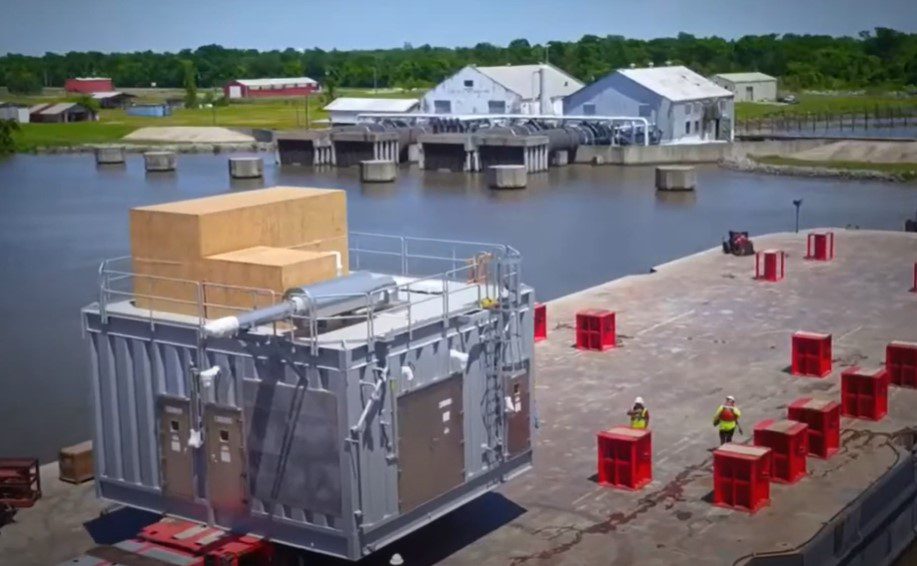
As more people enter the profession in Mississippi, it’s a good time to pause and discuss some of the mistakes new economic developers should watch out for.
The economic development profession in Mississippi has come a long way since May 1937 when Mississippi’s ad in Fortune magazine proclaimed, “For the first time, a great state offers planned cooperation to industry.”
Today, the University of Southern Mississippi’s master’s degree in economic development is known as the best in the nation.
As more people enter the profession, perhaps it is a good time to pause and discuss some of the mistakes new economic developers should watch out for.
1. Disparaging the competition
This mistake is told as a story that actually happened. The names have been changed to protect the guilty.
One day the economic developer in County A received a visit from a local lawyer.
“I represent a regional distribution company that would like to construct a facility in your county, and I wondered if you had any sites available in your industrial park,” said the attorney. Specific needs were given, along with a desired timetable for development. In less than an hour, it was understood that the company was ready to get underway with the project.
“Just out of curiosity,” said the economic developer. “It seems like you already had selected our site. What was the main reason?”
“The company decided to add a distribution center to this region and had done its research before settling on two sites, one in your county and the other in the adjoining county,” the attorney said. “They chose the site in the other county.”
“Oh, really.”
“They contacted me to handle the local legal details. Two weeks ago, the company’s operations manager and I met with the economic developer in the other county and told them that the company had narrowed their search down to their industrial park and your industrial park. Before we could tell them that the preferred site was in their county, the economic developer began running down your county, your industrial park, and even you. As soon as we left the meeting, the company manager said they would have nothing to do with that county. That’s why the company wants your site.”
2. Revealing too much information to the wrong people
Good news is hard to keep secret. Especially when that news can change a community for the better and especially when others want to know more. It is common for economic developers to be required to sign non-disclosure agreements for a reason. Until the deal is done, lots of things can go wrong.
For example, imagine what could happen if real estate for the project was not secured or local vendors had not been selected before word got out.
3. Failing to keep local officials informed
Another true story. The mayor and economic developer stood before the Board of Aldermen to introduce the well-known president of a national corporation that had just finalized a deal to build a new order processing center in town. No incentives had been given, only the usual permitting and infrastructure matters. It was simply an announcement in recognition of a new business.
After the introduction, one of the Board members asked the CEO if the company was going to provide daycare and health insurance for employees. The CEO turned to the economic developer with a quizzical look. The economic developer had briefed each council member, except one about the project.
4. Not keeping up with trends
Economic developers must keep up with a variety of trends, including economic, cultural, educational, and the local community.
For example, at the current time, location searches for data center projects are becoming more extensive. These projects need developable land, power generation, sustainability consideration, and emerging technologies. Access to water is also becoming an issue for companies seeking new locations.
In Area Development Magazine’s 19th annual survey of site selection consultants, respondents ranked availability of skilled labor and energy availability as the top site selection factors.
5. Not paying attention to current employers
Although a lot of economic development activity is focused on recruiting new industries – some say too much – most new jobs are created by existing companies expanding their workforce. And older companies are where the jobs are.
Nationally, one of the major trends over the past three decades is that employment has become increasingly concentrated at older firms, according to the U.S. Census Bureau’s Business Dynamics Statistics. After falling in the 1980s, the share of employment at more mature firms rose steadily, representing approximately 90% of all employees by 2019.
In Mississippi, businesses older than five years supported 80% of jobs in 2020, according to the Mississippi State University Extension report titled Business Employment by Age and Size of Firms in Mississippi, which was reported recently in the Magnolia Tribune.
6. Failing to develop relationships
How important are relationships in business and in economic development? While many companies pride themselves on being numbers-driven, analysis of how decisions actually get made tells a different story.
“As much as 90% of the information that the most senior executives of a company receive and take action on comes through their informal networks, and not from formal reports or databases,” according to University of Virginia management professor Rob Cross and Booz & Company partner Jon Katzenbach.
7. Not being available
In a global economy, economic developers must be available 24 hours a day because daylight in a foreign country may be dark in Mississippi.











